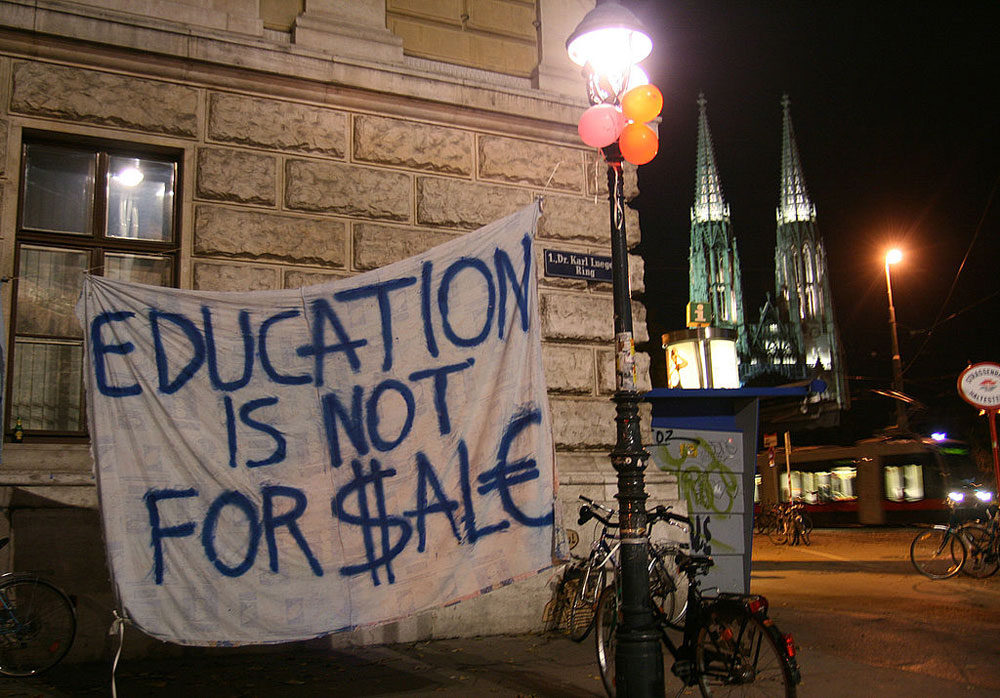
October 14, 2020; CNBC
According to a Pew Research Center study, a stark majority of Democrats of all ages favor tuition-free higher education. Among Republicans, 55 percent of those aged 18 to 29 favor tuition-free college, and while that support tends to decline with age, conservatives under 30 are twice as likely to favor free tuition as those 65 and older.
Hoping to capitalize on that youth vote, Biden took tuition-free college as a top agenda item for his campaign. The education plan would expand Obama’s promise of free community college education, which is already in existence in 12 states. It would also include free tuition at public four-year universities for students with family incomes under $125,000. Unlike full debt-free programs, however, Biden’s proposal would only cover tuition, while students would be responsible for other costs of room and board, books, and transportation.
Such a program would cost $49.6 billion its first year but largely pay for itself in 10 years, according to a Georgetown University cost-benefit analysis.
This estimate assumes that more students would earn college credentials and get jobs that lead to an additional $371.4 billion in federal and state tax revenue and private after-tax earnings gains of $866.7 billion. These benefits would outweigh the costs of tuition-free-college programs, with yearly tax revenue exceeding the annual cost within the first 10 years after a tuition-free program is implemented.
Sign up for our free newsletters
Subscribe to NPQ's newsletters to have our top stories delivered directly to your inbox.
By signing up, you agree to our privacy policy and terms of use, and to receive messages from NPQ and our partners.
Although they have not yet shown up in early voting, young voters have a significant interest in this year’s election, according to a national poll led by the Institute of Politics (IOP) at Harvard Kennedy School. The poll of 18- to 29-year-olds showed that 63 percent will “definitely be voting,” compared to 47 percent in the 2016 election.
“Young Americans are seeing first-hand how their government impacts their day-to-day lives, and they are ready to make their voice heard in this election,” said Mark Gearan, director at the IOP, in a statement.
Climate change, COVID-19, healthcare, and gun violence are among the main issues youth voters say they care about. Among communities of color, racial justice and systemic inequality also play a big role. However, affordable college is a big concern across racial, economic, and party lines for young voters.
If the youth vote carries Biden over this election, the affordability of college education could well be the issue that broke the camel’s back. While many young Republicans who worry about climate change might abstain from voting this time around, we could guess conservative college-age students who are worried about their economic future would be willing to take a silent vote this year across party lines.—Sofia Jarrin













